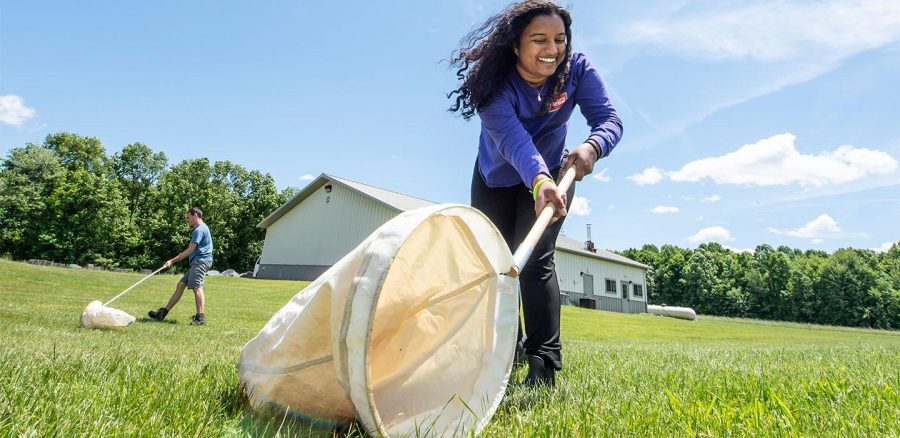Field research is a vital component of academic inquiry, providing students and researchers with the opportunity to gain firsthand knowledge and insights through travel-based study. This approach enriches learning experiences, fosters cultural understanding, and enhances critical thinking skills. This article explores the significance of field research, effective strategies for implementation, and the benefits of incorporating travel into academic pursuits.
The Importance of Field Research

Field research involves gathering data and insights in real-world settings, allowing researchers to observe, interact, and engage with their subjects in meaningful ways. Here are several reasons why field research is essential in academia:
- Experiential Learning: Field research provides experiential learning opportunities that deepen understanding. Engaging directly with the environment or community being studied allows students to connect theoretical concepts to real-world applications.
- Cultural Immersion: Traveling for research exposes students to different cultures, perspectives, and practices. This immersion fosters empathy, broadens worldviews, and encourages appreciation for diversity.
- Enhanced Critical Thinking: Conducting field research requires critical thinking and adaptability. Students must analyze situations, solve problems on the spot, and make informed decisions based on their observations and interactions.
- Networking Opportunities: Field research often involves collaboration with local communities, organizations, and experts. Building these connections can lead to valuable networking opportunities and future collaborations.
Strategies for Effective Field Research
To maximize the benefits of field research, consider the following strategies:
- Define Clear Objectives: Before embarking on travel-based study, establish clear research objectives. Identify what you aim to learn and how the field research will contribute to your academic goals.
- Conduct Preliminary Research: Familiarize yourself with the location, culture, and relevant literature before traveling. This preparation will enhance your understanding and help you formulate insightful questions during your fieldwork.
- Engage with Local Communities: Building relationships with local communities is crucial for successful field research. Approach individuals and organizations with respect, and be open to learning from their experiences and perspectives.
- Utilize Diverse Research Methods: Employ a range of research methods, such as interviews, surveys, observations, and participatory activities. This diversity will enrich your data collection and provide a comprehensive understanding of the subject.
- Document Your Findings: Keep detailed notes, photographs, and recordings during your field research. This documentation will help you analyze your findings and support your academic work upon returning from your travels.
- Reflect on Your Experiences: After completing your field research, take time to reflect on your experiences. Consider how the insights gained will influence your academic work and personal growth.
Addressing Challenges in Field Research
While field research offers numerous benefits, it can also present challenges. Here are some strategies to address potential issues:
- Logistical Planning: Traveling for research requires careful logistical planning, including budgeting, transportation, and accommodation. Create a detailed itinerary to ensure a smooth experience.
- Cultural Sensitivity: Be aware of cultural differences and practices when conducting field research. Approach interactions with respect and openness to avoid misunderstandings.
- Safety Considerations: Prioritize safety during your travels. Stay informed about local conditions, follow inca travel advisories, and have contingency plans in place.
- Ethical Considerations: Ensure that your field research adheres to ethical standards. Obtain necessary permissions, respect privacy, and be transparent about your research intentions.
Conclusion: The Impact of Field Research on Academic Knowledge
In conclusion, field research is a powerful method for gaining academic knowledge through travel-based study. By immersing themselves in different environments and cultures, students and researchers can deepen their understanding of complex issues and develop critical thinking skills.
Incorporating field research into academic pursuits not only enhances learning but also fosters personal growth and cultural appreciation. As the world becomes increasingly interconnected, the ability to conduct effective field research will be invaluable for future scholars and professionals. By embracing the opportunities that travel-based study offers, we can cultivate a generation of informed, empathetic, and engaged global citizens.
Read also about Tofu Chemistry to explore the science behind soy protein transformation, coagulation processes, and what makes this plant-based staple both nutritious and versatile.



